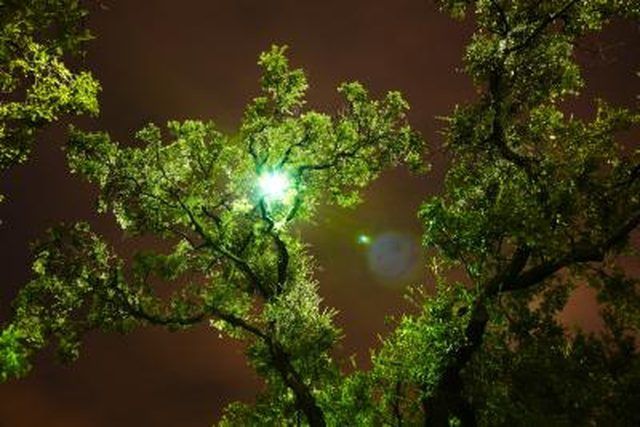Bulbs
Flower Basics
Flower Beds & Specialty Gardens
Flower Garden
Garden Furniture
Garden Gnomes
Garden Seeds
Garden Sheds
Garden Statues
Garden Tools & Supplies
Gardening Basics
Green & Organic
Groundcovers & Vines
Growing Annuals
Growing Basil
Growing Beans
Growing Berries
Growing Blueberries
Growing Cactus
Growing Corn
Growing Cotton
Growing Edibles
Growing Flowers
Growing Garlic
Growing Grapes
Growing Grass
Growing Herbs
Growing Jasmine
Growing Mint
Growing Mushrooms
Orchids
Growing Peanuts
Growing Perennials
Growing Plants
Growing Rosemary
Growing Roses
Growing Strawberries
Growing Sunflowers
Growing Thyme
Growing Tomatoes
Growing Tulips
Growing Vegetables
Herb Basics
Herb Garden
Indoor Growing
Landscaping Basics
Landscaping Patios
Landscaping Plants
Landscaping Shrubs
Landscaping Trees
Landscaping Walks & Pathways
Lawn Basics
Lawn Maintenance
Lawn Mowers
Lawn Ornaments
Lawn Planting
Lawn Tools
Outdoor Growing
Overall Landscape Planning
Pests, Weeds & Problems
Plant Basics
Rock Garden
Rose Garden
Shrubs
Soil
Specialty Gardens
Trees
Vegetable Garden
Yard Maintenance
Liability Laws for Trees Fallen on a Neighbor's Property
Liability Laws for Trees Fallen on a Neighbor's Property. Nobody enjoys having a dispute with the next-door neighbor, especially one that can result in a lawsuit. Damages from a neighbor's fallen tree can create unwanted arguments, and these arguments can intensify if neither side understands the law.

Nobody enjoys having a dispute with the next-door neighbor, especially one that can result in a lawsuit. Damages from a neighbor's fallen tree can create unwanted arguments, and these arguments can intensify if neither side understands the law.
Let's Be Reasonable
Negligence will play a factor in determining liability after a tree falls. If the tree owner ignores visible rot that might cause the tree to fall during a strong wind, she may be held liable for any damages caused by the fallen tree. If a well maintained tree falls due to an Act of God, such as a tornado, she will not be held liable.
Ownership Matters
Determining the owner of the tree will clarify who is liable in the event that it falls. Whichever side of the property line the trunk stands on establishes the rightful owner. Contact a land surveyor to determine the exact boundary line between two properties. The land surveyor can locate property line markers, usually iron pipes, embedded into the ground.
Protection
If you notice your neighbor's tree is in a dangerous condition, bring it to his attention. Some tree owners may not be aware of the problem until someone else points it out. Always remember that you have the legal right to trim branches that cross over into your yard back to the property line. Those hanging branches can cause property damage if they fall, and you do not need consent from the tree owner to trim them.